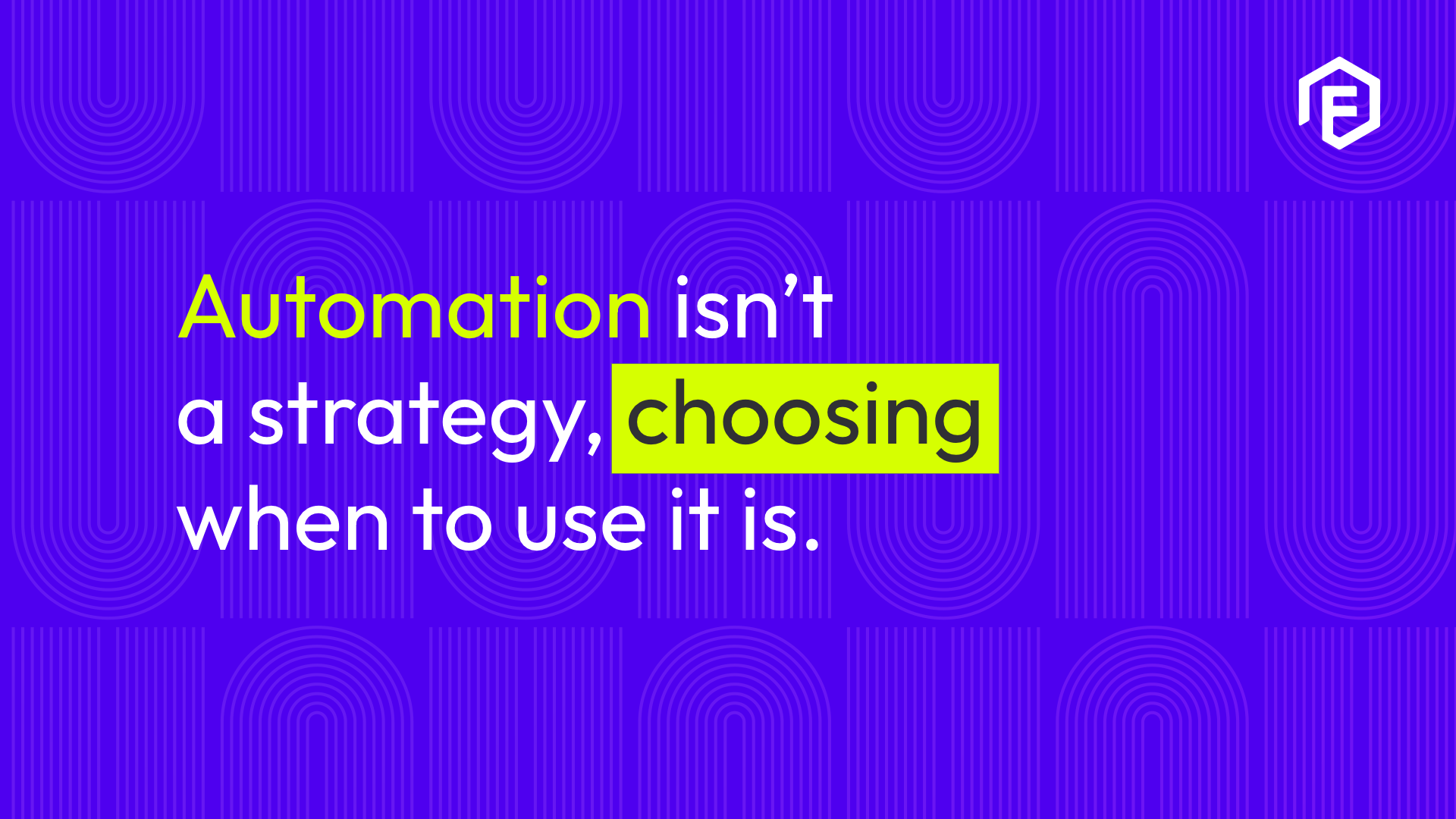How Does Stress Affect Your Body?
Let’s talk about the consequences of stress on oneself, inside and out. I’ve been exposed to a larger amount of stress than I’m used to, so I’ve been paying more attention to my body and doing tons of research on the effects of stress in order to learn how to better cope with it.
Here’s what I’ve learnt so far:
Stress affects your emotions, your skin, your diet, and your personality; the list goes on. The bit of research that stood out the most for me is the effect that stress has on your brain.
Studies have shown that stress can actually alter your brain. Stress begins with a series of interactions between the endocrine gland in the brain and the kidney. When you’re in a stressful situation your HPA axis (Hypothalamic–Pituitary–Adrenal) is activated, which triggers the release of a hormone called cortisol. Cortisol prepares your body for instant action. (Lisa LaBracio, 2016). You’ll notice this when you’re in a stressful situation, and you work quicker due to an apparent boost of energy. This is why some people often claim to thrive in stressful situations. It’s important to remember, though, that occasional stress is different to chronic stress. Occasional stress doesn’t have the same effects on the brain as chronic stress, because there aren’t increased levels of cortisol in the brain as a whole. Okay, so, back to the brain; cortisol prepares your body for instant action but, increased levels of cortisol over long periods of time is what causes havoc on your brain. (Lisa LaBracio, 2016).
One of the effects of increased levels of cortisol in the brain is its deteriorating effect on your brains hippocampus (part of the brain linked to learning and memory). This means that stress can actually affect your comprehension abilities which can, in the long term, lead to depression and even Alzheimer’s.
Cortisol has also been linked to shrinkage of your brain. How? Too much of it results in the loss of synaptic connections between neurons, and the shrinking of your prefrontal cortex (the part of your brain that regulates behaviors like concentration, decision-making, judgement, and social interaction). It also leads to fewer brain cells being created in the hippocampus. (Lisa LaBrachio, 2016).
This ties back to learning and memory, because chronic stress will make it harder for you to learn and remember things.
We live in a time where people are more in tune with their bodies and health, and we have access to more information than ever before. We work hard and play even harder, but we need to be aware of our lifestyles and not take stress so lightly. ‘Stress’ is not a light word, so pay attention. There are things you can do to alleviate stress symptoms, and methods to help you cope. Meditation and exercise are the most popular right now, and have been shown to decrease your stress levels and help improve your memory. They also have tons of other benefits.
Find something that works best for you and get going, because stress changing the way your brain works is just not an option.



